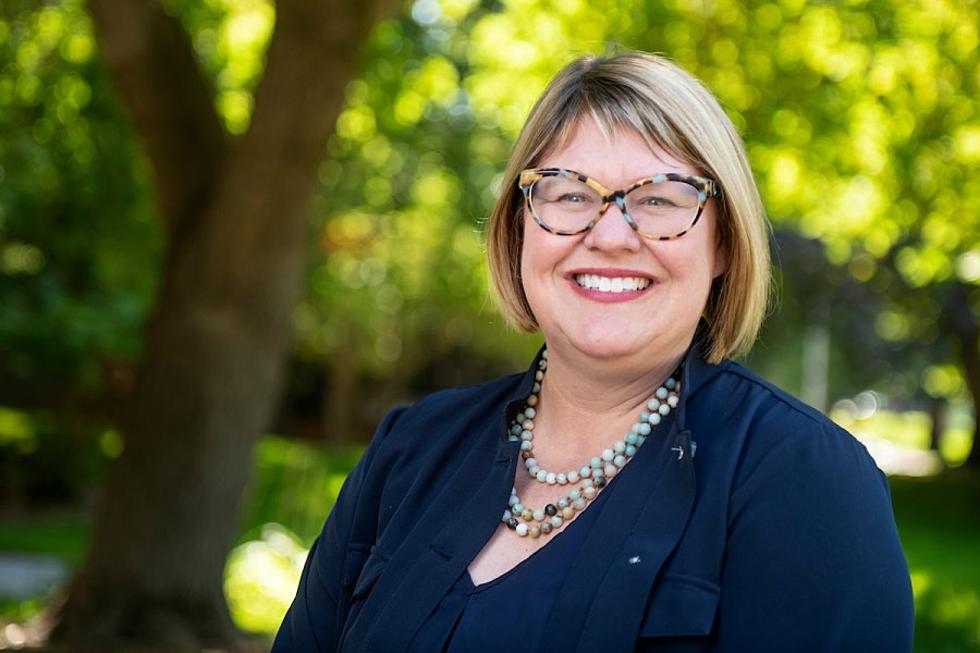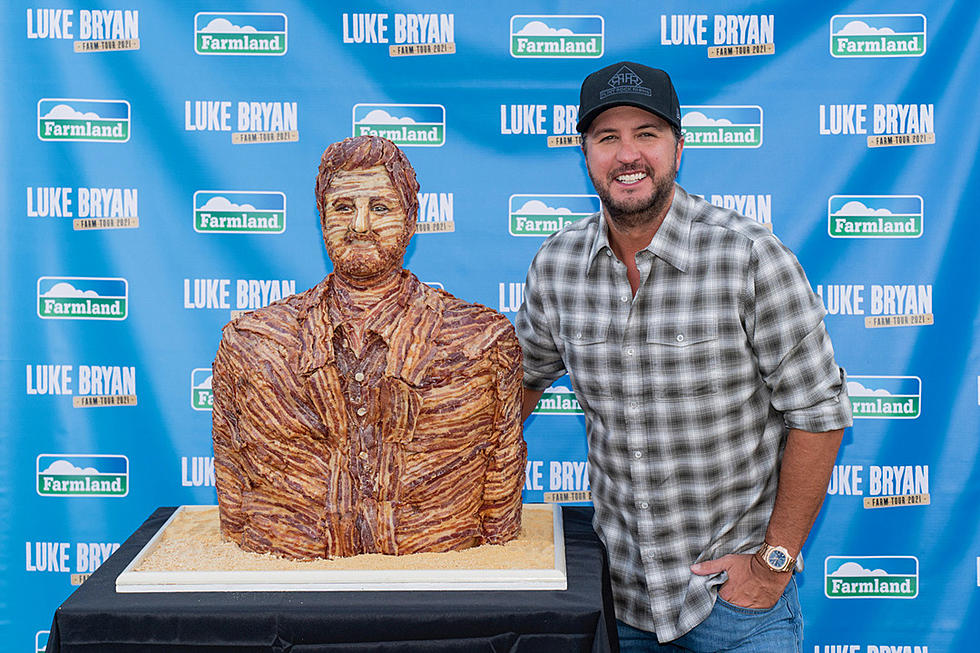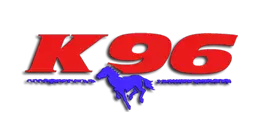
UM Names New Associate Vice Provost For Innovation and Online Learning
MISSOULA – It’s two days into the fall semester at the University of Montana, and Julie Wolter, UM’s new associate vice provost for innovation and online learning, is not only thinking about the bright faces of students streaming into campus, but also about potential learners throughout the state she wants to reach ꟷ even if they never step foot in Missoula.
She sees a Griz in the making everywhere. In the office assistant working in Whitefish who wants to learn new computer skills, in the Northern Cheyenne employee living in Lame Deer looking to get a certificate in digital design, and in the busy mother in Glendive needing just a few more credits to complete a Bachelor of Arts degree.
The nontraditional students in Wolter’s sights are becoming increasingly critical to higher education as the population of high school graduates declines – a demographic shift much discussed by the nation’s academicians. The challenge is further heightened in rural states like Montana with its small and sparse population base.
“There are groups of individuals we may not yet have touched or created accessible programming for who are our future,” said Wolter, who has served as chair of UM’s School of Speech, Language, Hearing and Occupational Sciences for the past five years. “It’s exciting to explore all the possibilities for complementing our existing on-campus programming and to grow new learning opportunities – such as workforce partnerships – in unique and interesting ways.”
Wolter good-naturedly admits it might be difficult connecting the dots between her newly created position and that as a professor and researcher in UM’s School of Speech Language, Hearing and Occupational Sciences. But she has been steeped in the subject of innovative online and distance learning, studying ways to support integration of new ideas in established systems for some time.
Before joining UM in 2015, the Billings native served 10 years on the faculty at Utah State University, including four years as chair of its Speech-Language Pathology Division. While division chair, she helped grow online and distance programming for SLP students across Utah.
For example, she directed the launch of a distance graduate Speech-Language Pathology program that included unique and innovative ways to provide lab and clinical experiential learning, including the provision of teletherapy clinical services. She also worked with department faculty leaders to grow an online bachelors program that started with 20 students in 2007 and grew to 1,700 students by the time she headed home to Montana in 2015.
One year after arriving at UM, Wolter and her faculty team landed a $1.25 million grant from the U.S. Department of Education to train Montanans through distance education to become speech-language pathologists, with an emphasis in those serving rural areas and tribal communities.
The project, conducted in partnership with UM’s Rural Institute for Inclusive Communities, provided much needed access and financial support for students living in rural areas who were committed to learning, staying and serving in their underserved communities. Wolter said this experience further deepened her commitment for creating new educational pathways for students from all backgrounds and walks of life.
Nathan Lindsay, UM vice provost for Academic Affairs, said Wolter’s zeal for supporting students in whatever stage or place in life they might be, set her apart from other candidates for this new position.
“Dr. Wolter is not only passionate about growing traditional online programs, but also has many ideas for expanding opportunities for new learners in noncredit and workforce development efforts,” Lindsay said. “Her creativity and skills in scaling a wide range of degree offerings will serve her well in this leadership role.”
Wolter is experienced in and is particularly excited about stackable programming, an educational concept gaining popularity that starts students at the certificate or credential level of schooling and building eventually to a bachelor’s or graduate degree. Credential and certificate programs, she adds, also can help workers upskill to changing market demands and provide educational momentum to students who want to learn but aren’t yet prepared to take on a four-year degree.
“One of my roles in this new position – and an exciting direction that is being focused on as a priority for action by President Bodnar – is to support programs on campus as they develop their own stackable programming and new learner initiatives,” Wolter said.
She also is collaborating with UM’s Accelerate Montana team out of UM’s Office of Research and Creative Scholarship to coordinate the University’s online educational programs with the Montanan community to respond to the unique educational and training needs of the state.
Wolter is excited about growing UM’s new and already robust online offerings and technology, both of which have proven their mettle during the COVID-19 pandemic. She notes the unique opportunity for investment and expansion of online programs through collaborations with an online program management partnership already underway in such programs as social work, speech-language pathology and the Missoula College. She looks forward to building on the robust expertise of the recently expanded UMOnline team to develop new online courses for programs across campus.
Although she’s only been on the job a few days, Wolter already is diving deep into all of the possibilities for expanding on the notion of what makes a typical UM student. It’s an exciting, challenging opportunity and one filled with great potential.
“Innovation is the first word in this new position,” she said, “and I look forward to supporting, coordinating and continuing to expand our innovative efforts at UM as we think about learning, education and community partnerships in new and creative ways.”
-by UM News Service-
More From K96 FM







![Carrie Underwood’s New ‘Sunday Night Football’ Open Is the Amp Up We Needed [Watch]](http://townsquare.media/site/204/files/2021/09/attachment-Carrie-SNF-Theme-2021.jpg?w=980&q=75)

